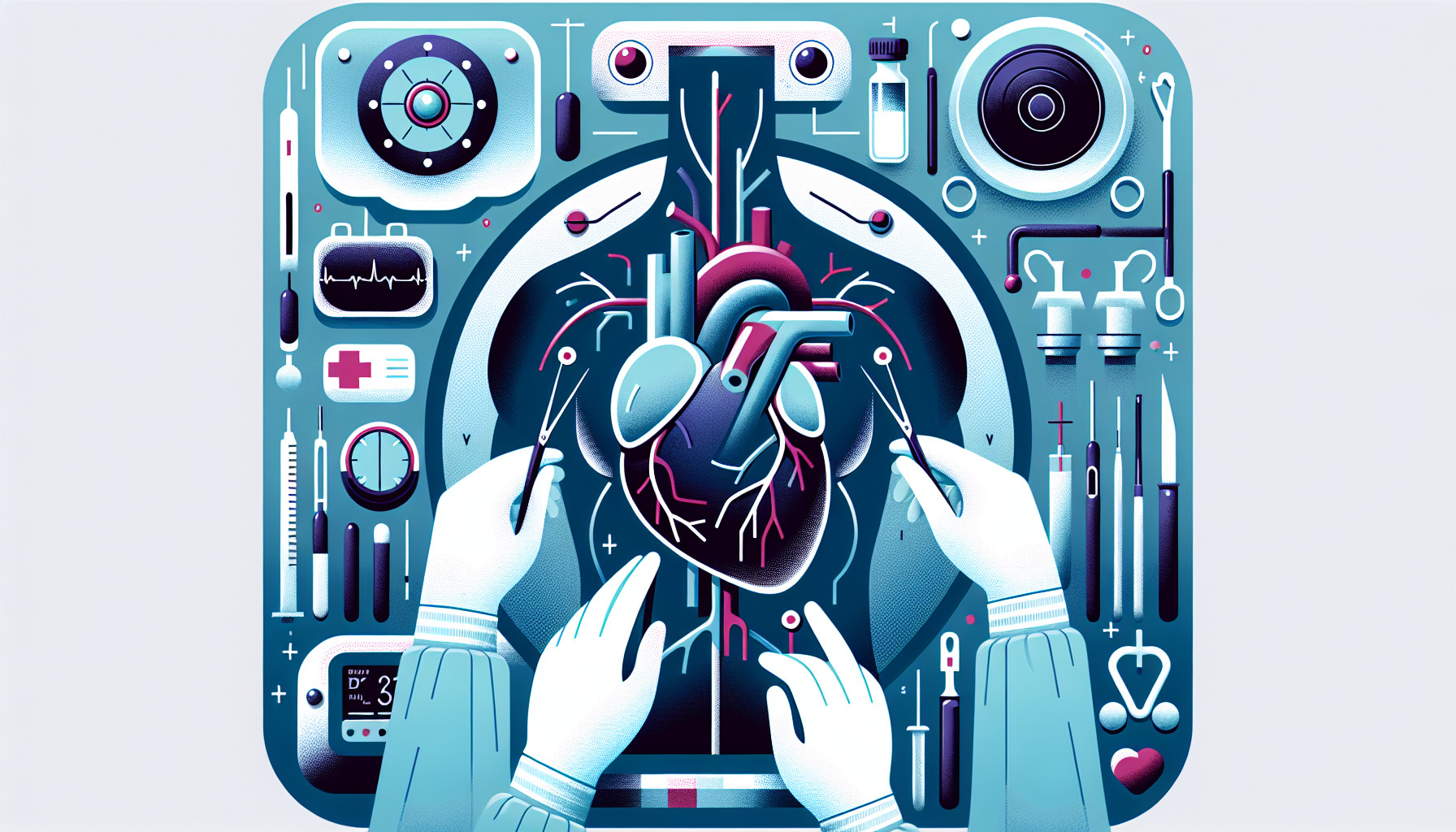Our Summary
Statins are commonly prescribed drugs worldwide, known for reducing bad cholesterol and improving heart health. Some researchers believe that statins could also help reduce complications linked to coronary artery bypass graft (CABG) surgery - a procedure to improve blood flow to the heart.
So far, limited research suggests that statins might lower the risk of irregular heart rhythms after surgery. However, it’s less clear whether statins affect other outcomes. There are also unanswered questions about the importance of the specific type and dose of statin, the impact of suddenly stopping statins, and potential benefits of restarting statin therapy.
Even though high-quality evidence is limited, it has been strongly recommended that all patients having coronary artery bypass surgery should receive statin therapy, unless there’s a reason they shouldn’t.
FAQs
- Can statins help reduce complications linked to coronary artery bypass graft surgery?
- Is there any specific type or dose of statin recommended for patients having coronary artery bypass surgery?
- What are the potential benefits of restarting statin therapy for patients who have undergone coronary artery bypass surgery?
Doctor’s Tip
It is important to discuss the potential benefits and risks of statin therapy with your doctor before and after coronary artery bypass surgery. It is important to continue taking any prescribed medications as directed and to follow a healthy lifestyle to support your heart health.
Suitable For
Typically, patients who are recommended for coronary artery bypass surgery are those who have severe coronary artery disease that cannot be adequately managed with medications or lifestyle changes alone. These patients may have significant blockages in their coronary arteries that are causing symptoms such as chest pain or shortness of breath, or they may have had a heart attack or other serious cardiac event.
Patients who have multiple blockages in their coronary arteries, particularly those that are affecting the left main coronary artery or other major branches of the heart, may also be recommended for bypass surgery. Additionally, patients who have diabetes or other risk factors for heart disease that make them higher risk for complications from coronary artery disease may be considered for surgery.
Ultimately, the decision to recommend coronary artery bypass surgery is made on a case-by-case basis by a team of healthcare providers, including cardiologists, cardiac surgeons, and other specialists. These providers will assess the patient’s overall health, the severity of their coronary artery disease, and other factors to determine the most appropriate treatment plan.
Timeline
Before coronary artery bypass surgery, a patient may experience symptoms such as chest pain, shortness of breath, fatigue, and other signs of heart disease. They may undergo various tests and evaluations to determine the need for surgery.
During the surgery, the patient’s chest is opened, and a healthy blood vessel is taken from another part of the body and attached to the blocked artery to bypass the blockage and improve blood flow to the heart.
After the surgery, the patient will typically spend some time in the hospital for recovery and monitoring. They may experience pain, swelling, and discomfort at the incision site. They will also be closely monitored for any complications such as infection, bleeding, or irregular heart rhythms.
In the weeks and months following surgery, the patient will undergo cardiac rehabilitation to help improve their heart health and recovery. They will also be prescribed medications, including statins, to help manage their heart condition and reduce the risk of future complications.
Overall, the goal of coronary artery bypass surgery and post-operative care is to improve the patient’s heart health, reduce symptoms, and lower the risk of future heart problems.
What to Ask Your Doctor
Some questions a patient should ask their doctor about coronary artery bypass and statin therapy include:
- Should I be taking statins before my coronary artery bypass surgery?
- Will statin therapy help reduce complications or improve outcomes after my surgery?
- What are the potential risks and side effects of taking statins in relation to my surgery?
- Are there specific types or doses of statins that are more effective for patients undergoing coronary artery bypass surgery?
- If I am currently taking statins, should I continue taking them leading up to my surgery?
- If I am not currently taking statins, should I start taking them before my surgery?
- How soon after my surgery should I resume taking statins, and how long should I continue taking them?
- Are there any other lifestyle changes or medications I should consider in addition to statin therapy for improving my heart health post-surgery?
- How will statin therapy be monitored and adjusted in the long term after my surgery?
- Is there any additional information or resources I should be aware of regarding statin therapy and coronary artery bypass surgery?
Reference
Authors: McIlroy DR, Myles PS. Journal: Expert Rev Cardiovasc Ther. 2015 Dec;13(12):1285-8. doi: 10.1586/14779072.2015.1099434. Epub 2015 Oct 16. PMID: 26473309
